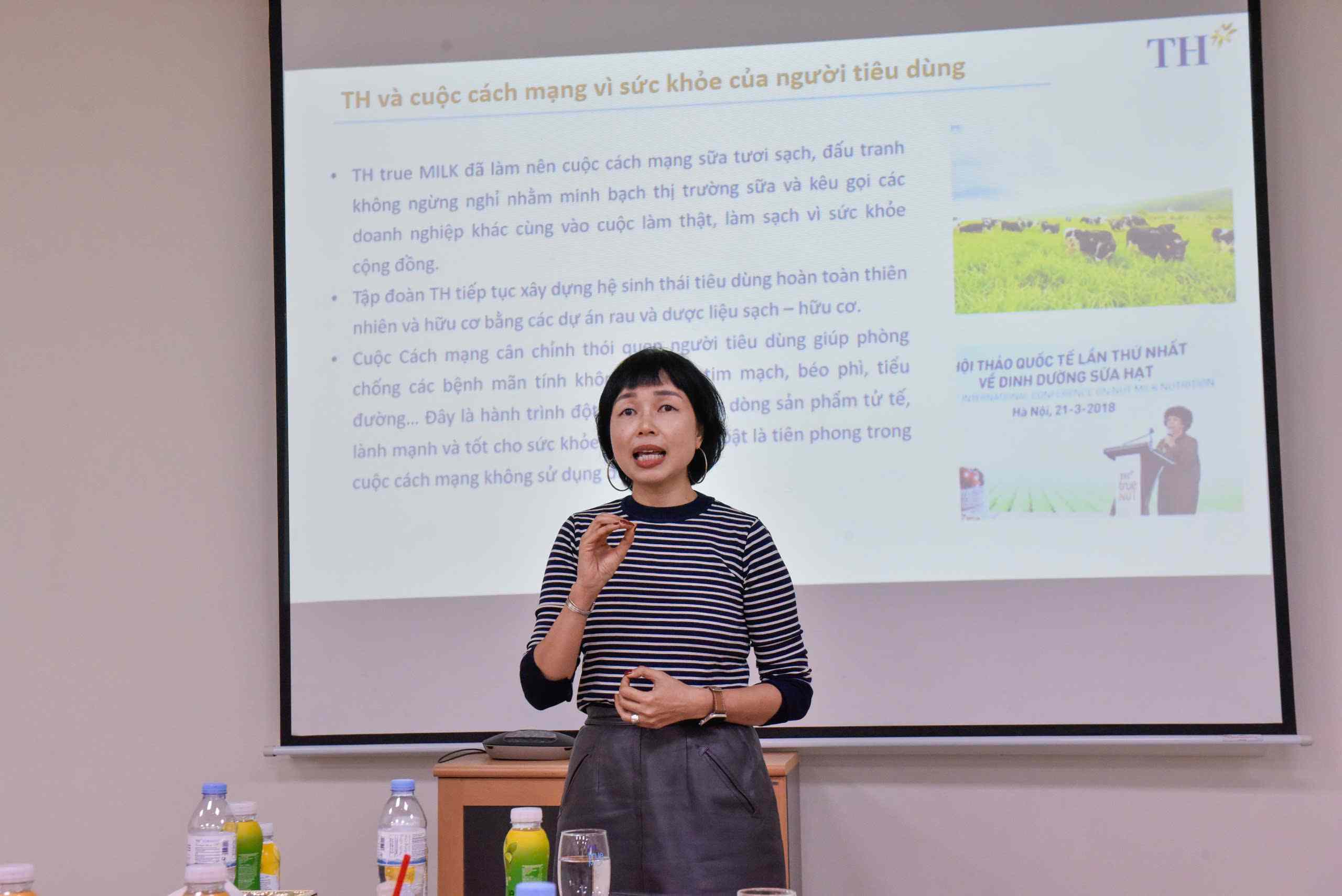At the seminar "Trends in the use of sugary foods and beverages in the world and in Vietnam" held on December 10, experts shared many noteworthy information above.
Dr. Bui Thi Mai Huong, Deputy Director of the Center for Food Nutrition Science and Technology Services - National Institute of Nutrition, said that in the daily diet, sugar accounts for the highest proportion in the energy and protein groups, up to about 70%.
In Vietnam, sugar consumption has increased sevenfold over the past 15 years. Excessive sugar consumption is the cause of many non-communicable diseases. Consumption of sugary drinks in Vietnam has increased sharply, from an average of 6.6 liters/person in 2002 to 46.5 liters/person in 2017 and reached 50.7 liters/person in 2018.
According to Dr. Bui Thi Mai Huong, a can of carbonated soft drink can contain up to 36g of sugar. The results of a study on nearly 2,000 people about their habit of consuming carbonated soft drinks showed that more than 57% of the survey participants had the habit of drinking this type of beverage.
According to the World Health Organization (WHO), consuming too much free sugar reduces nutritional quality, leading to unhealthy weight gain, increasing the risk of obesity and other non-communicable diseases.
Dr. Huong recommends that sugar and its effects on the brain: Glucose - a simple sugar found in most carbohydrate-rich foods - is the brain's main source of energy, supporting development, learning and growth. However, consuming too much sugar is not good for the brain.
A diet high in sugar can cause excess glucose in the brain, impairing memory and cognitive function. Furthermore, sugar negatively affects neurotransmitters, leading to the risk of sugar addiction. It is worth noting that sugar addiction is not unlike cocaine addiction, which can have long-term effects on memory and brain function.
Sharing about chronic diseases, Ms. Nguyen Quynh Van - Deputy Director of TH Nutrition Institute stated that non-communicable chronic diseases are increasingly becoming younger, largely due to the habit of consuming foods containing a lot of sugar and salt.

"Eating too much sugar is harmful to health, so WHO has recommended reducing free sugar consumption at all ages to protect health. The American Heart Association also recommends that women should not consume more than 5 teaspoons of sugar per day," Ms. Van shared, emphasizing the role of choosing safe foods and drinks.
"Prioritizing sugar-free or sugar-free drinks will help maintain a healthy body," Ms. Van added.











